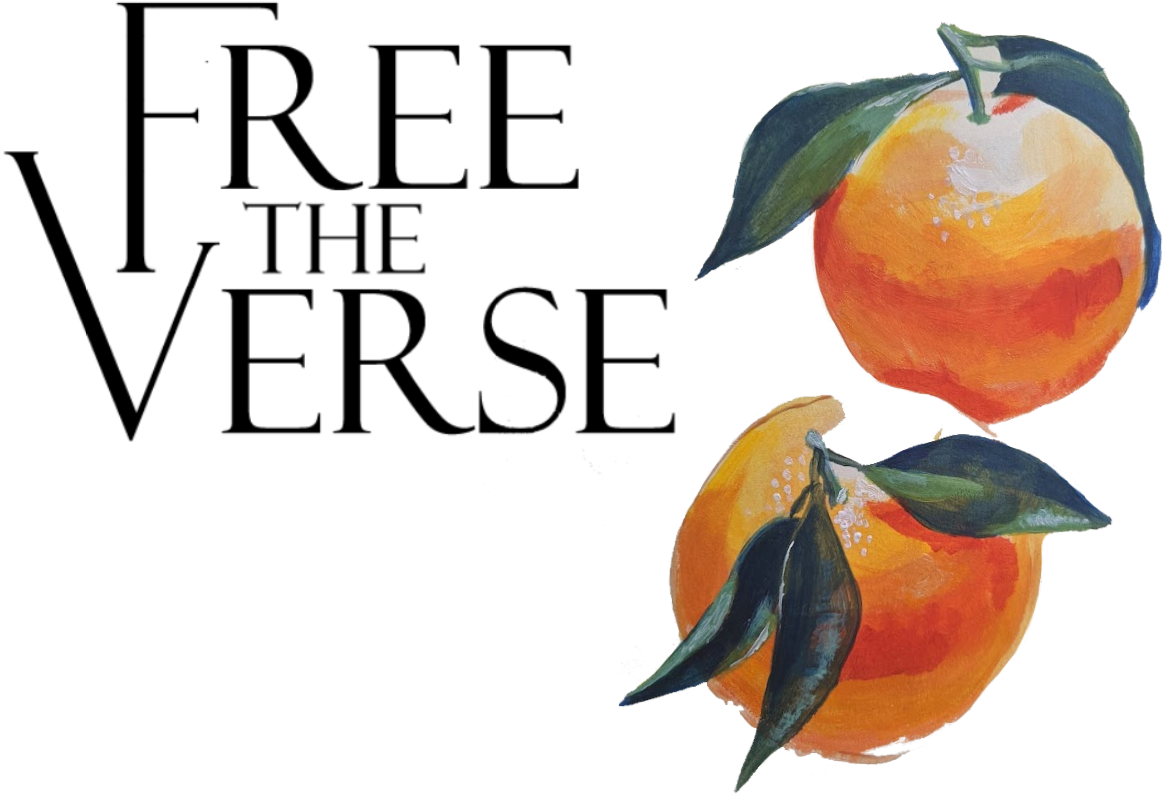Jen Colclough on ‘Deep August’
Jen Colclough is a poet, novelist, and ESL Instructor from Nova Scotia, Canada. She holds a Master of Arts in Classics from Western University, and a Bachelor of Arts with Honors in Classics from Acadia University.
Tell us about your introduction to poetry.
The first poet whose work I read at length was Langston Hughes. I had encountered stray poems in passing, but up until that point I hadn’t had the opportunity to dive into the work of any particular author. Reading Hughes’ work taught me the necessity of poets and their ability to meet a moment.
What is a core theme of ‘Deep August’, and what called you to write about it?
‘Deep August’ is the product of several years of leaving and coming back to the page. I had the final stanza before anything else and kept it safe until I was ready to say more.
For me, winter has always been a fascination. I find its coldness more conducive to poetry and metaphor, and for a long time I struggled to find romanticism in the summertime. When I began ‘Deep August,’ I was sitting with my hand in a swimming pool, waiting for the heat to pass. I was also younger and struggling to view my selfhood as something other than misguided or off-kilter. This poem was a way for me to equate my internal frustrations with the season I felt most estranged from.
Tell us about the experience of writing this poem.
I wrote the final four stanzas several years ago and waited for the rest to come. I finished the poem at the end of 2021, when I added “Learn to hear/ the nightly cricket hum as a/ hymnal.” For me, it was a way to contribute gratitude to the poem. The ship may need mending, but it is still afloat.
I believe that even when optimism is impossible, hope is necessary. This applies to life as well as the page.
Where do you find inspiration?
Many things inspire me— travel, music, history, and the work of other poets— but I don’t seek it out. Or at least, the instances in which I search for inspiration are typically unfruitful. The truest and oftentimes the most striking lines are the ones that find me while I am busy doing other things.
You have an idea for a poem. What happens next?
I rarely know where a piece is going when I begin it. A line or two is accompanied by a mood and a flash of imagery. In the early stages, I fetch my notebook and record what I can. Then, after many days (or weeks) of walking, meditating, and existing in the same space as the work, the meat of the poem will pour out all at once.
Then the editing can begin.
Where do you find community in poetry?
Growing up as an introverted, nerdy child from a small community in Nova Scotia, it had never occurred to me that poetry could be a communal activity. It’s only been in recent years that I’ve discovered the joy of sharing poetry with others. Fortunately, I’ve found friends who share a similar devotion to poetry and creative writing of all kinds. We exchange poems as we find them, and our ongoing commentary has been a great source of joy and friendship. I can send my friend Meg a poem or a quote at any hour and (eventually) receive enthusiasm in turn.
Is there a poem you read over and over again?
Each time that I read ‘The Book of Hours,’ by Rainer Maria Rilke I always uncover something new. I also adore ‘Beautiful Short Loser,’ by Ocean Vuong. Lately, I’ve also been thinking a lot about Merrit Malloy’s ‘Epitaph.’
Do you have a favourite poet?
It is impossible for me to name only one— I will always be devoted to the poetry of Ocean Vuong and Rainer Maria Rilke. They feel like two halves of a beloved whole.
What advice would you give to someone new to poetry?
As a reader, or as a writer?
For new readers of poetry, I think it is necessary to cast a wide net. Read works by a wide variety of authors, historical and contemporary, and appreciate how their voices take shape on the page. If you dislike a particular style, move on from it. Poetry should never feel burdensome. It always frustrates me to hear a person claim that poetry is ‘not for them.’ Poetry is for everyone; you only need to find a voice that can reach you.
For new writers, I would advise them to be brave enough to experience the writing process fully. Poetry doesn’t come with guardrails, so don’t waste time looking for them. At the same time, don’t burden yourself with the idea that you have anything new to say. Everything to say about life has been said already— just not by you.
Why do you think poetry is important?
It’s the swiftest way to cut to the truth.
Where can people find you and your work?
Instagram: jenmcolclough
Twitter: @jenmcolclough
You can read Jen’s poem here.


